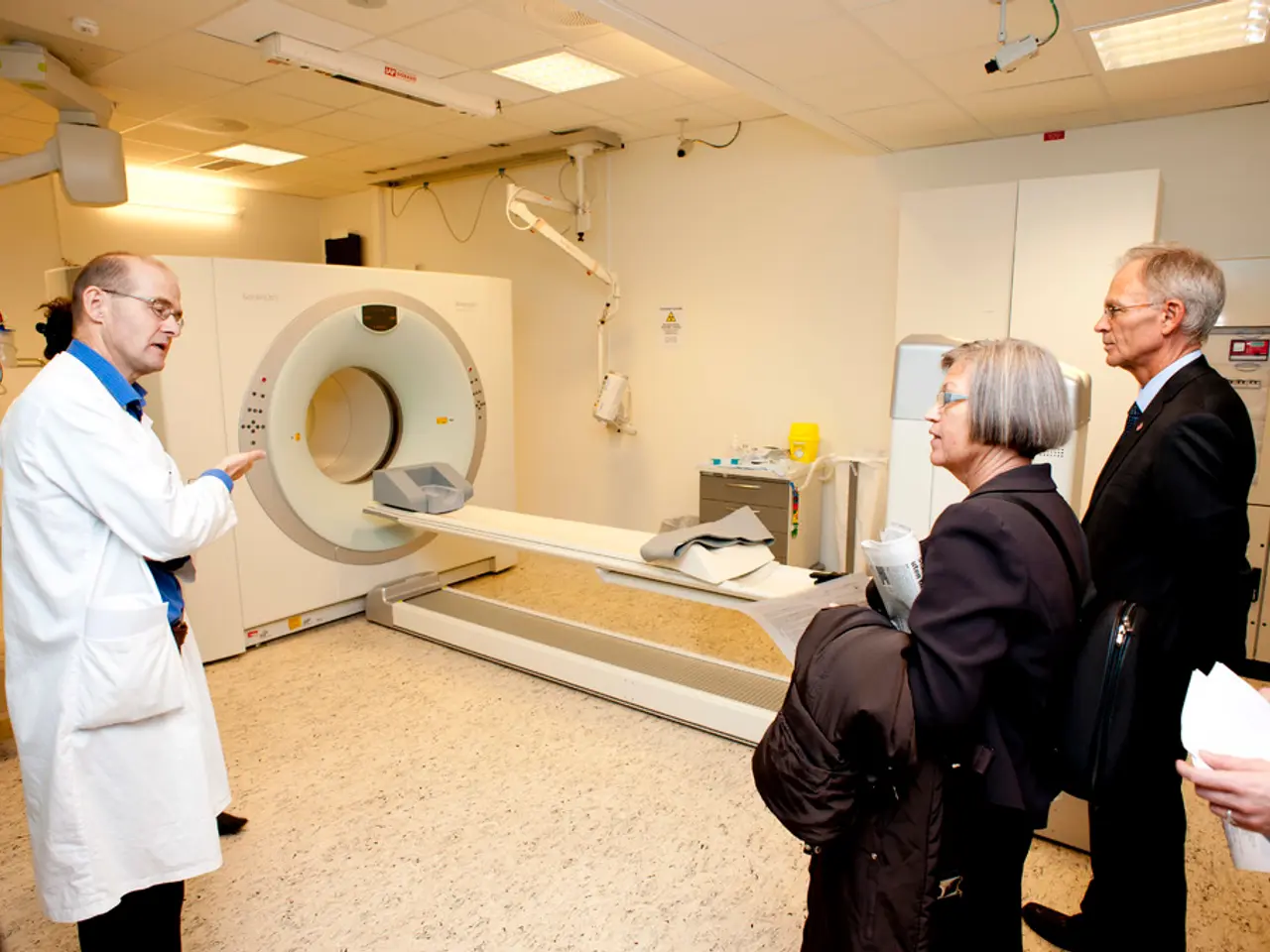Expansion of Medicare Prior Authorization now includes Ambulatory Surgical Centers
The Centers for Medicare & Medicaid Services (CMS) has announced a five-year demonstration project for prior authorization of certain services in Ambulatory Surgical Centers (ASCs), starting from December 2025. This new program aims to ensure medical necessity and prevent improper payments and fraudulent billing.
The services included in the prior authorization demonstration are Blepharoplasty, Botulinum toxin injections, Panniculectomy, Rhinoplasty, and Vein ablation procedures. This program does not change existing medical necessity or documentation requirements, but rather requires the same information that is already required to support Medicare payment, just earlier in the process.
The new prior authorization plan will only cover 10 states, including California, Florida, Texas, Arizona, Ohio, Tennessee, Pennsylvania, Maryland, Georgia, and New York. The goal of this program is to streamline and expedite the approval process to improve patient access and reduce administrative burdens.
Decisions for prior authorization requests will be sent within seven days for standard review and two business days for expedited review. The preauthorization requirement goes into effect for dates of service on or after December 15, 2025. Providers can begin submitting prior authorization requests beginning on December 1, 2025.
Prior authorization helps CMS ensure services frequently subject to unnecessary utilization are provided in compliance with Medicare coverage, coding, and payment rules. This expansion of prior authorization to original Medicare is part of CMS's ongoing efforts to identify and reduce improper billing and fraud.
In a separate development, six states will begin using the Wasteful and Inappropriate Service Reduction (WISeR) Model for prior authorization evaluations for 17 services vulnerable to fraud, waste, and abuse in 2026. However, the specific services subject to the WISeR Model evaluations in 2026 have not been specified.
CMS has clarified that prior authorization does not create new clinical documentation requirements. It only requires the same information that is already required to support Medicare payment, just earlier in the process. This is to ensure that services are provided appropriately and that Medicare funds are used efficiently.
In conclusion, the new prior authorization program for ambulatory surgical services is a significant step towards improving the efficiency and effectiveness of healthcare services in the US. It is expected to reduce fraudulent billing, ensure medical necessity, and improve patient access while reducing administrative burdens for providers.
Read also:
- Understanding Hemorrhagic Gastroenteritis: Key Facts
- Stopping Osteoporosis Treatment: Timeline Considerations
- Tobacco industry's suggested changes on a legislative modification are disregarded by health journalists
- Expanded Community Health Involvement by CK Birla Hospitals, Jaipur, Maintained Through Consistent Outreach Programs Across Rajasthan








